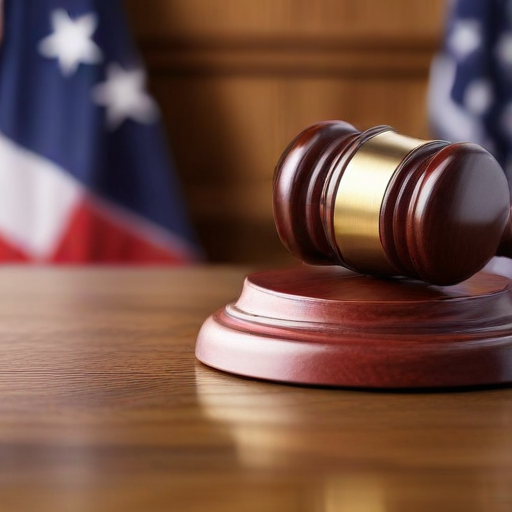Georgia’s Court of Appeals has ruled that Fulton County District Attorney Fani Willis is unable to continue prosecuting the election interference case involving former President Donald Trump and 14 of his associates. In a 2-1 decision, the panel determined that, due to an appearance of impropriety stemming from Willis’ previous romantic involvement with a key prosecutor in the case, she must step down. However, the appellate ruling does not dismiss the charges against Trump and his co-defendants entirely. The case may only advance if Willis successfully appeals the decision to the Georgia Supreme Court or if a new prosecutor is appointed.
The backdrop of this ruling involves a grand jury indictment from August 2023 that charged Trump and 18 others with conspiracy to overturn the 2020 election results. The judicial review of the case has been prolonged, clouded in uncertainty, particularly with regards to Trump’s presidential immunity claims following his election victory, which some argue may shield him from prosecution related to actions taken while in office.
This ruling came after a contentious history of the case, which included Willis countering attempts to disqualify her, citing that her personal relationships had no bearing on her professional conduct. In light of the appellate court’s finding of an ethical conflict, the panel emphasized that a remedy of disqualification was necessary to ensure public trust in the legal process.
Trump and his legal team reacted strongly, asserting that the case’s inception stemmed from politically motivated criminalization and calling for the pursuit to be recognized as a vendetta against him. As the former president faces ongoing litigation, his lawyers view this court decision as a critical victory against a perceived misuse of power by the prosecution.
Despite the setback, experts highlight that the case is not definitively over, with potential avenues for it to continue, especially if it reaches the Georgia Supreme Court. Notably, Willis has expressed her intention to appeal the disqualification ruling, indicating her commitment to see this case through.
The unfolding legal drama surrounding Trump emphasizes the complexities at the intersection of law and politics, especially in an era marked by heightened scrutiny and polarized sentiments. It remains to be seen how the Georgia Supreme Court will respond to this escalating legal saga.
In summary, the appellate court’s ruling introduces a significant delay in the election interference case against Trump while underscoring the ongoing clash over accountability and the integrity of the judicial process in high-stakes political litigation. The case serves as a reminder of the intricate relationship between legal accountability and political ramifications, and the upcoming appeals will be crucial in shaping its future.
